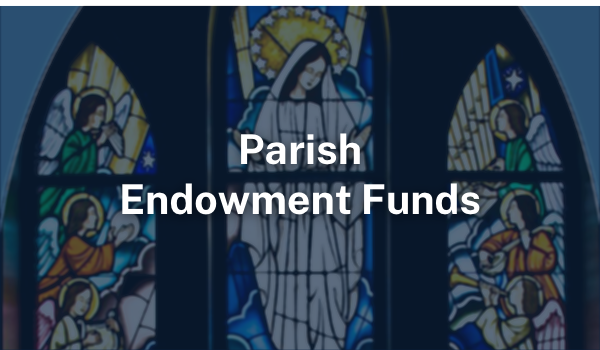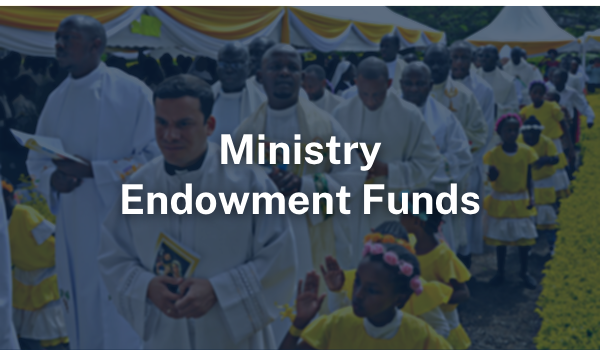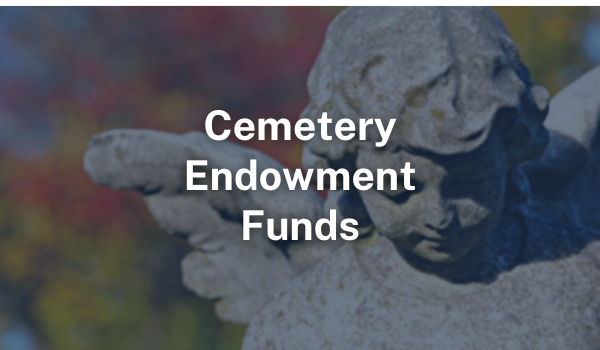Next week, October 20—26, 2025, marks National Estate Planning Awareness Week. This nationwide annual event, just like the Catholic Foundation’s estate planning workshops, reminds people about the importance of having a current and effective estate plan in place.
What is National Estate Planning Awareness Week?
While traditionally the third week in October has been designated as National Estate Planning Week, the Catholic Foundation encourages Catholics to organize their personal and legal affairs any time during the year.
“Every week should be estate planning week,” Pete Waldron, President of the Catholic Foundation, said. “It’s important that Catholics put together a ‘Catholic Estate Plan’ and get their end-of-life plans in place to protect themselves, their families, and the Catholic causes they love.”
Beth Beers, an estate planning attorney in Bath, Pennsylvania, and a member of the Catholic Foundation’s Professional Advisors Committee, points out that an estate plan does not have to be complicated.
“Estate planning is not about how much you have, but about how you want to care for the people and causes you love after you are gone,” Beers said. “Even a small gift through your will or insurance policy can make a lasting difference.”
Key Legal Documents and Details for Estate Planning
The National Association of Estate Planners & Councils (NAEPC), which created the annual awareness week in 2008, points out that estate planning should include key legal documents:
- Wills and trusts to designate beneficiaries and manage assets.
- Powers of attorney for financial and legal matters.
- Advance healthcare directives to ensure medical preferences are followed if you become incapacitated.
- Reviewing beneficiary designations for retirement accounts and life insurance policies.
In addition to the legal documents, Beers counsels Catholic Foundation workshop attendees to make sure their personal and legal information (bank accounts, insurance policy numbers, passwords, etc.) are recorded in a central location for access later after a loved one passes away. The Catholic Foundation distributes a free personal and legal organizer at each workshop for this purpose. The planner also includes sections for planning your Catholic funeral and writing your obituary.
“Proper planning ensures your wishes are carried out, your loved ones are protected, and potential financial burdens like taxes and probate expenses are minimized,” Beers said.
With only 30 percent of individuals having a will or a Catholic estate plan, an individual should not leave their end-of-life plans to chance. A Catholic estate plan can be created easily, revised when needed, and provides priceless peace of mind. It tells your loved ones how to honor your Catholic values — from your funeral plans to your charitable gifts.
“This is not just about paperwork,” Waldron said. “It is about your legacy of faith and ensuring that the Catholic causes you championed during your life can continue serving others after you are gone.
“We feel grateful and humbled to be part of this deeply personal journey with our Catholic partners and donors,” Waldron said.







